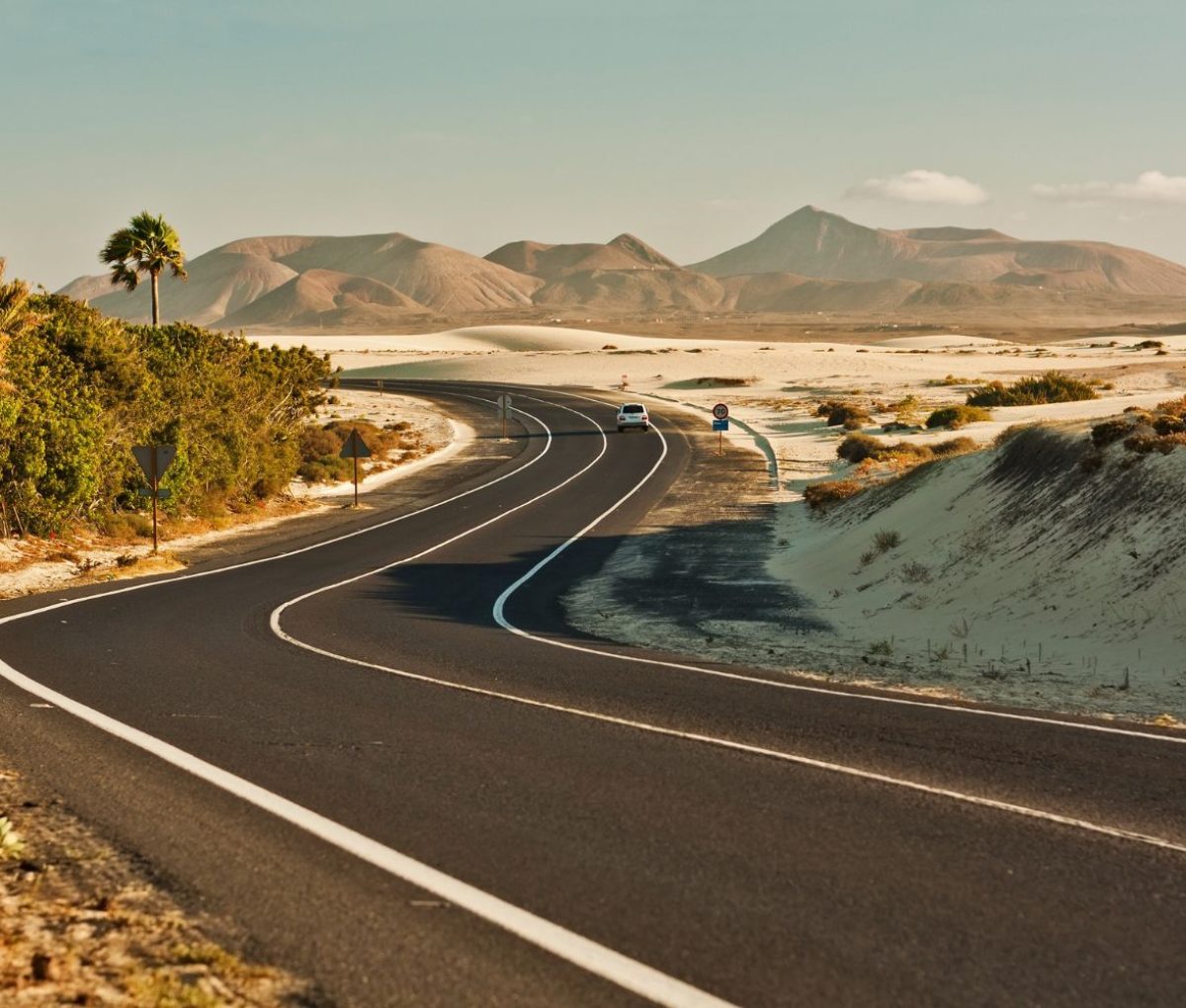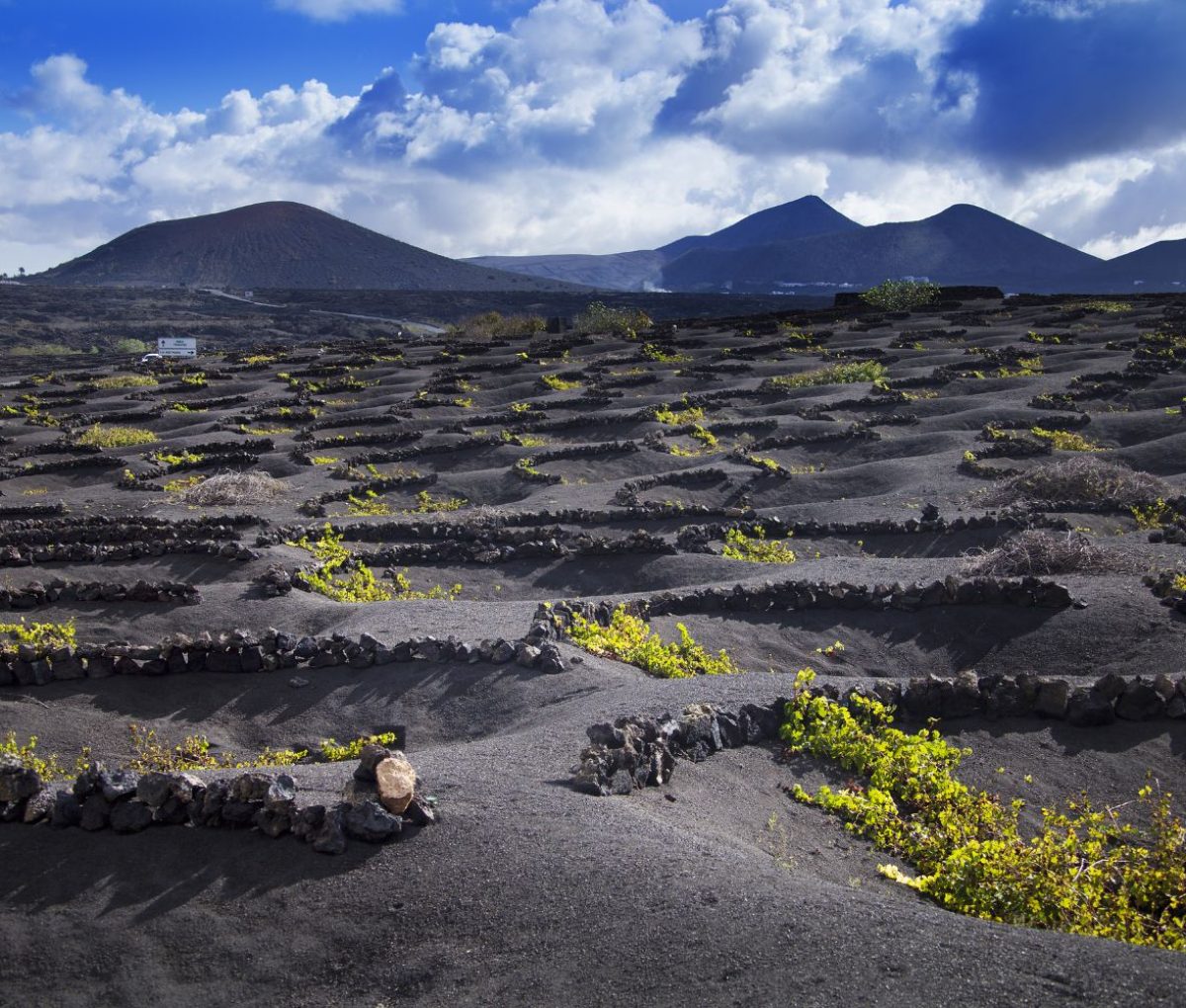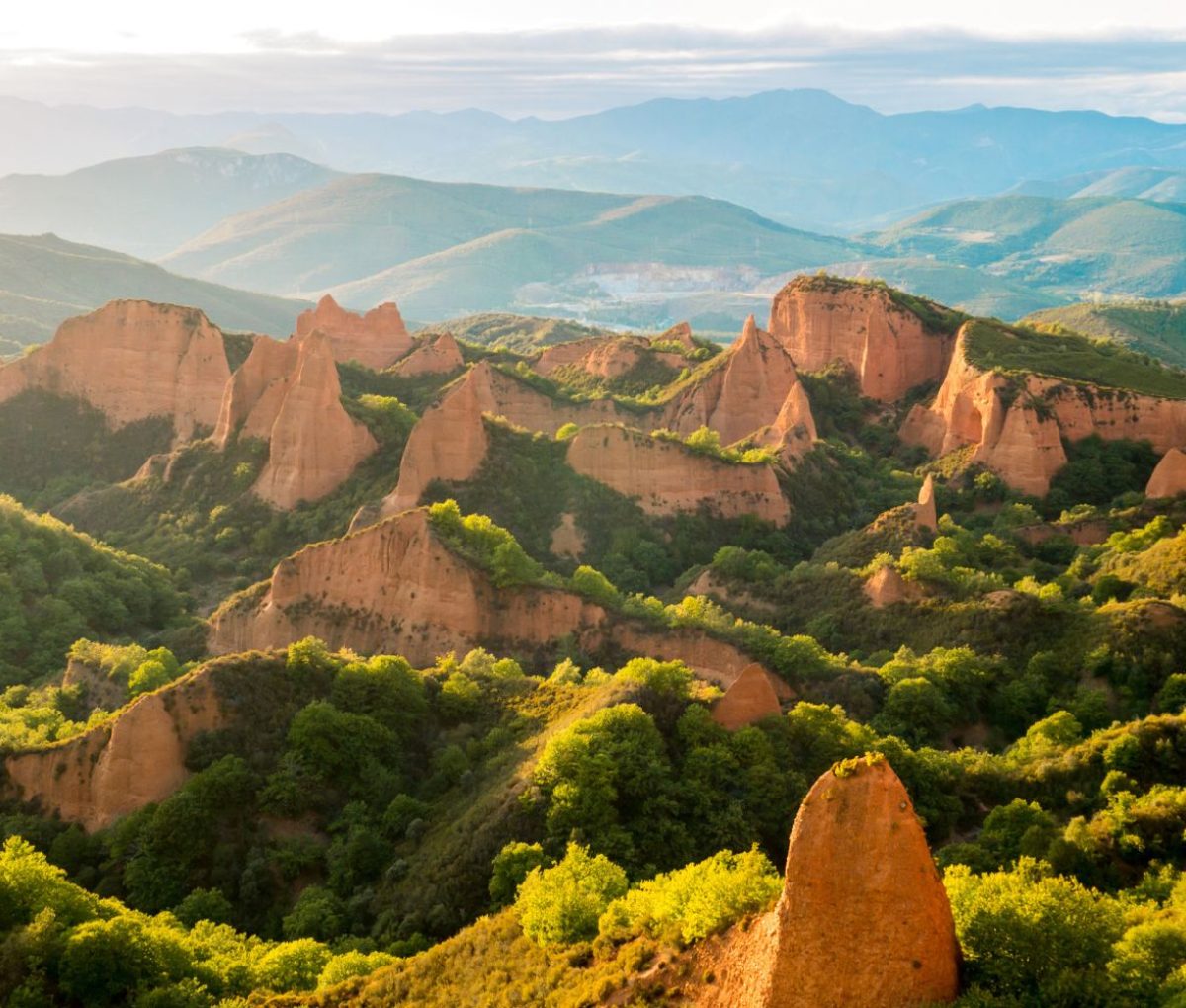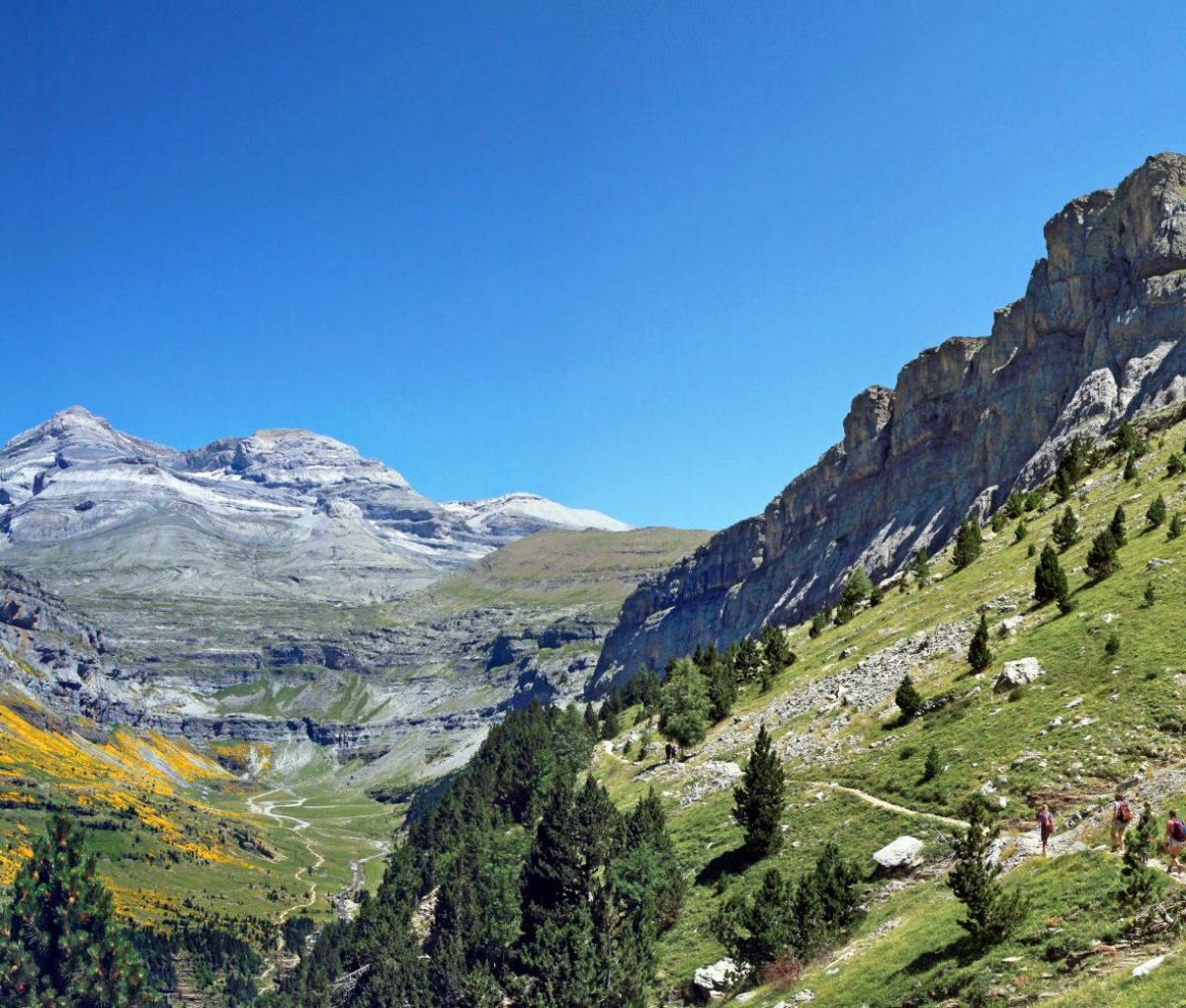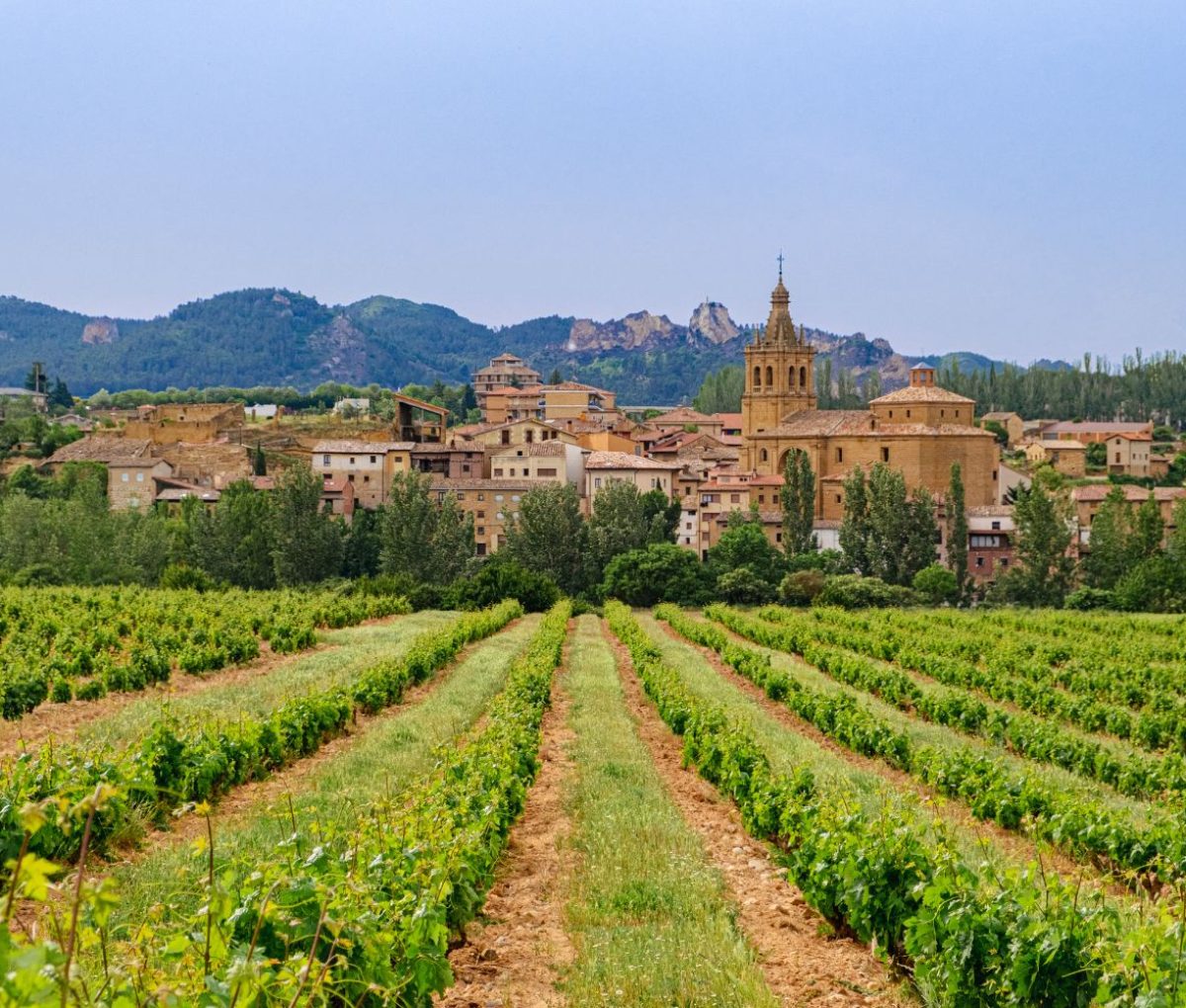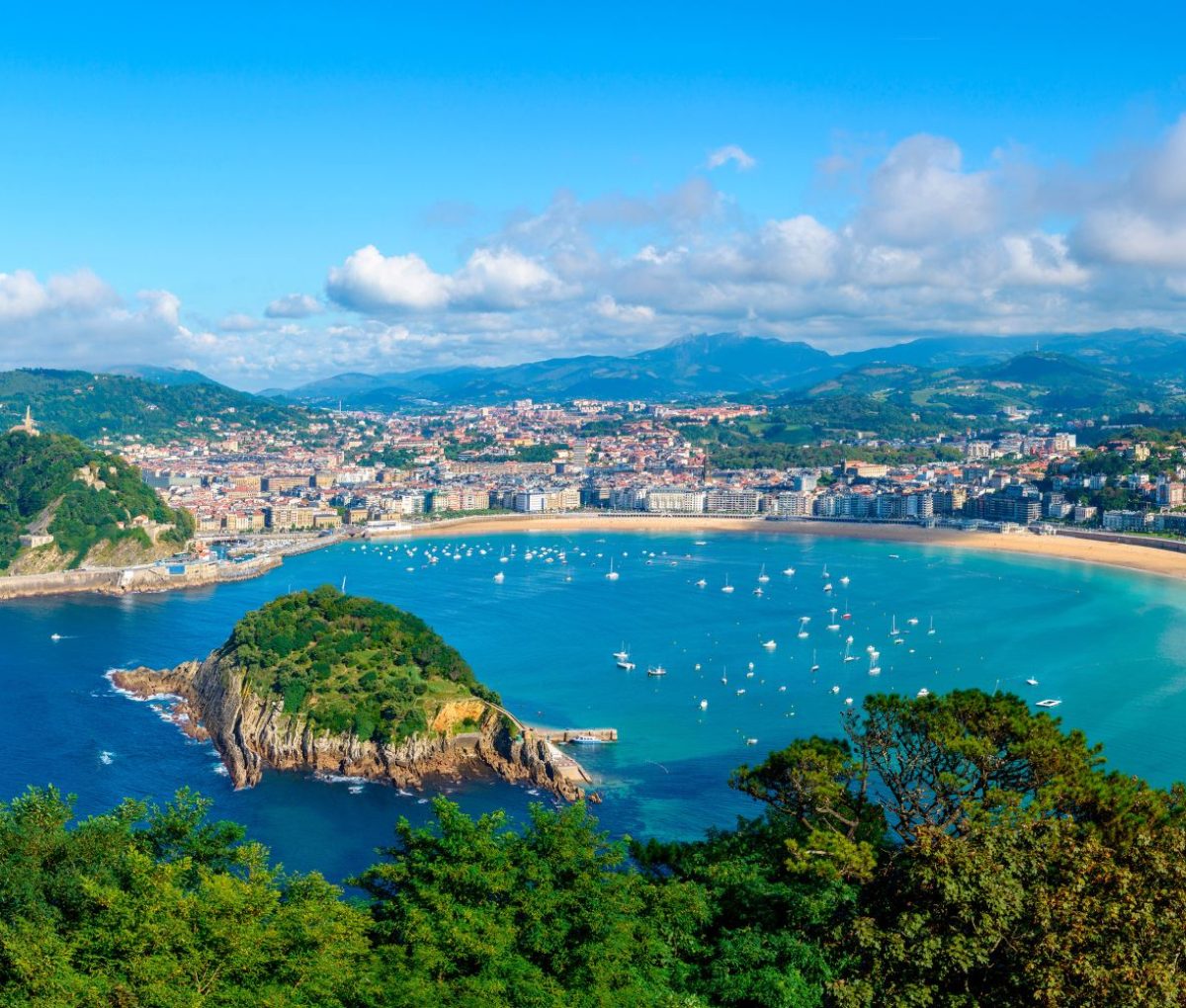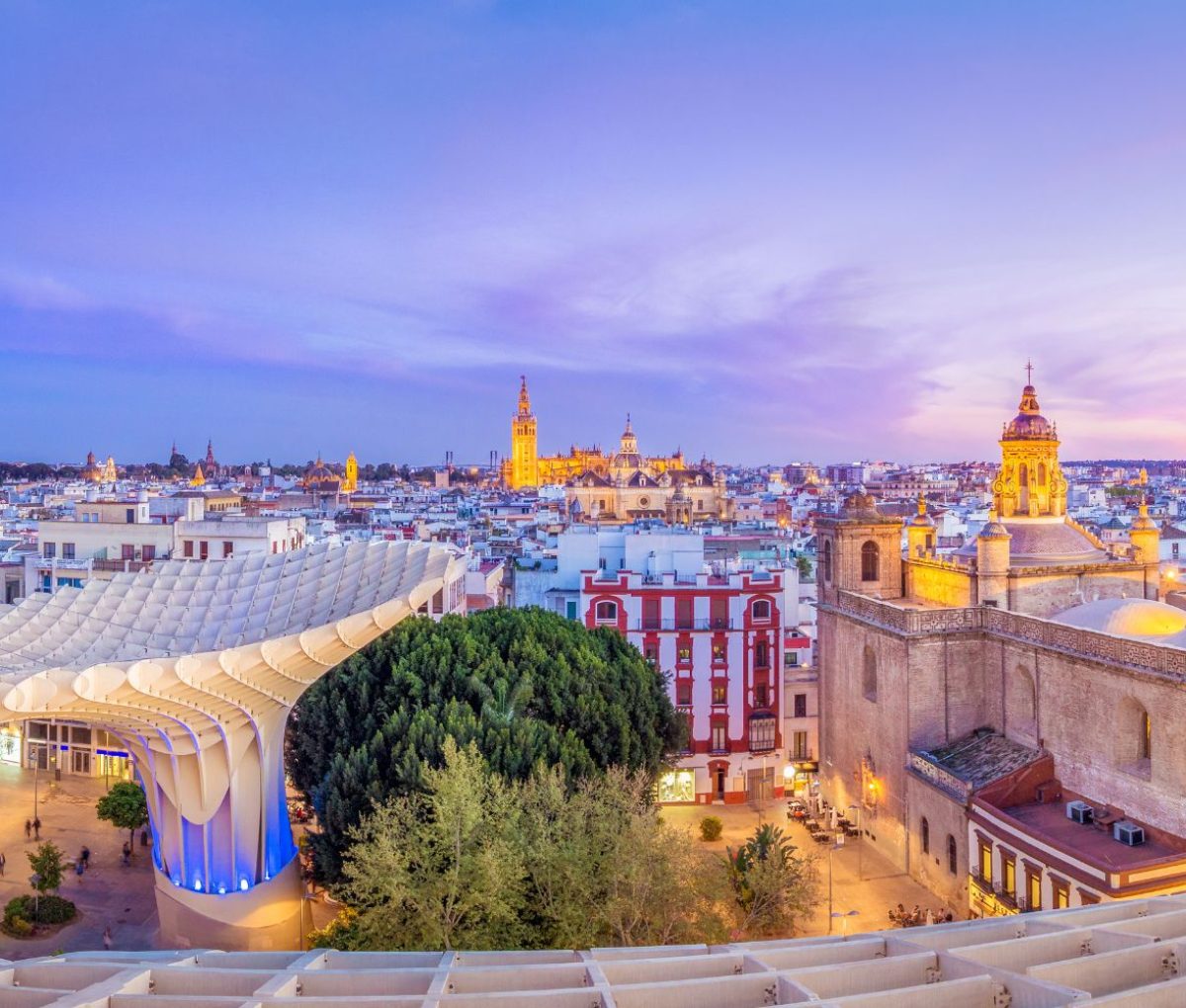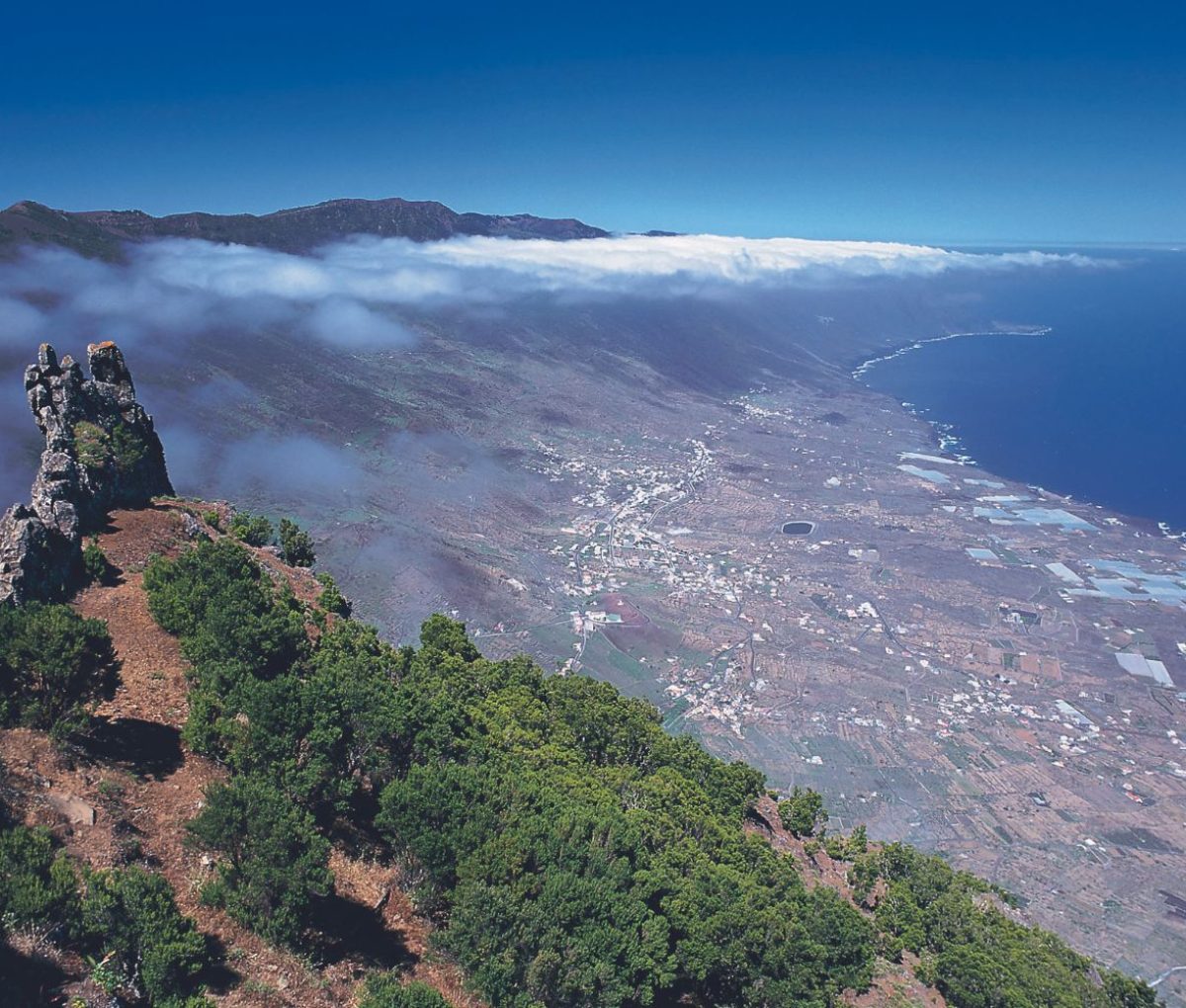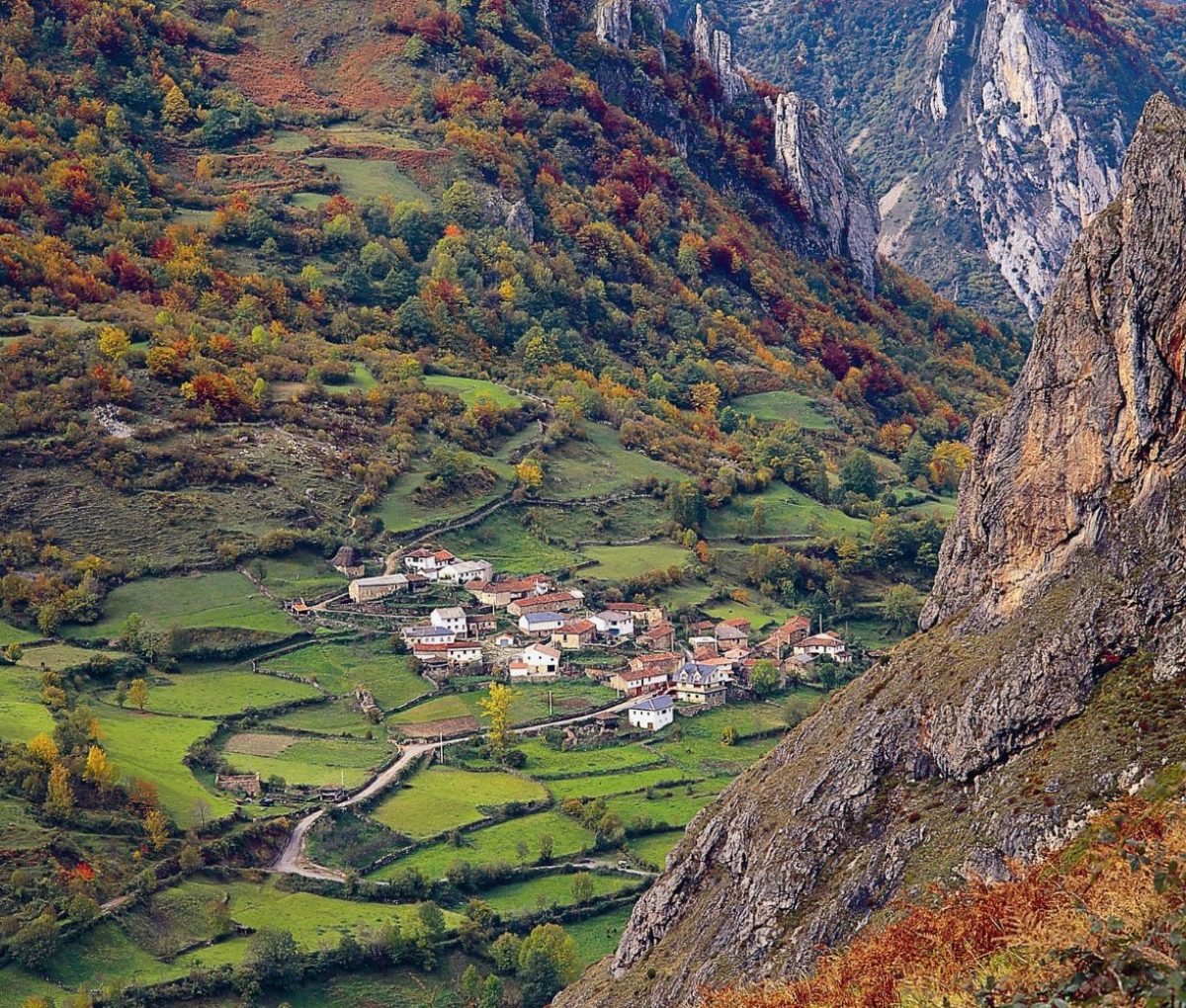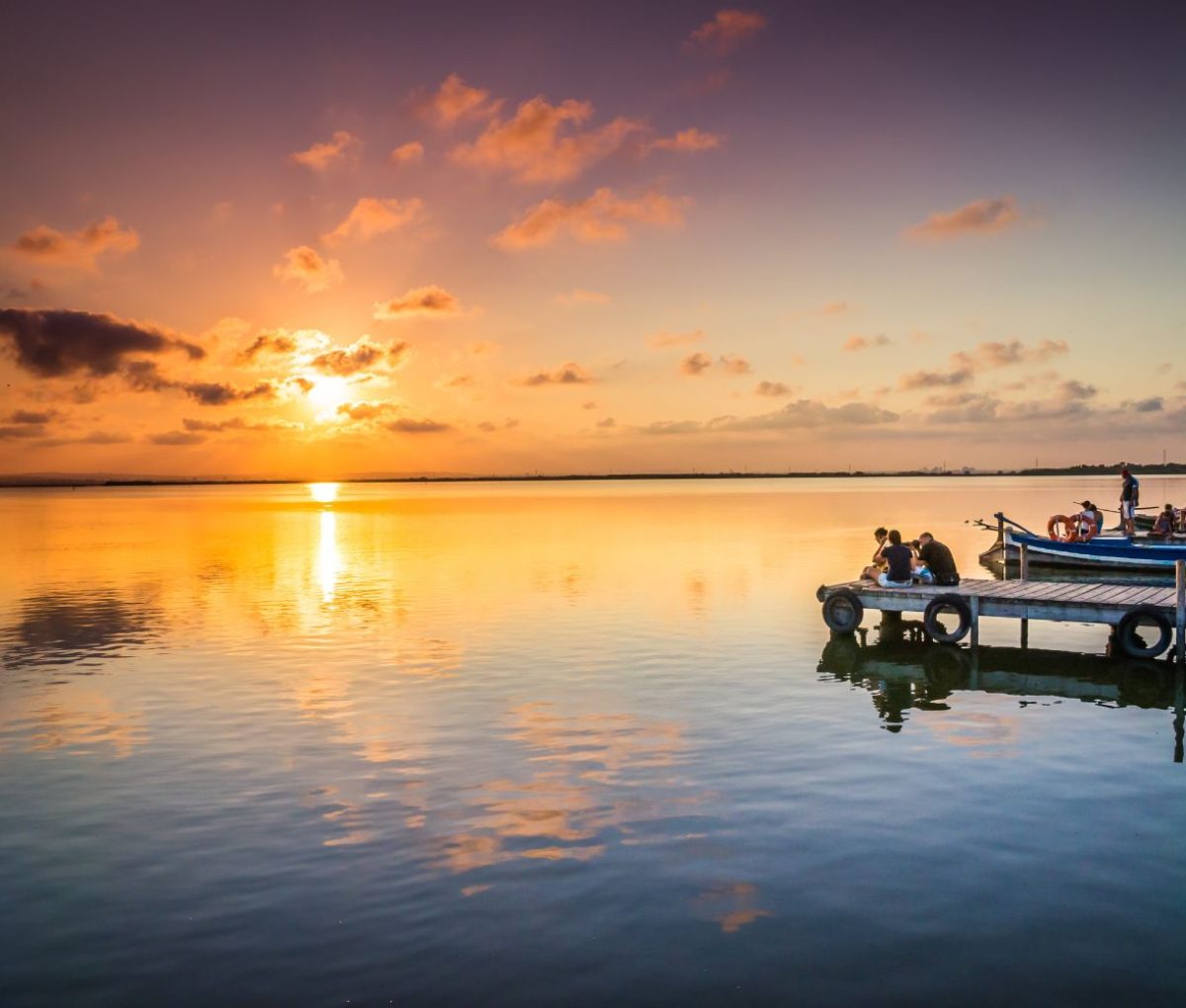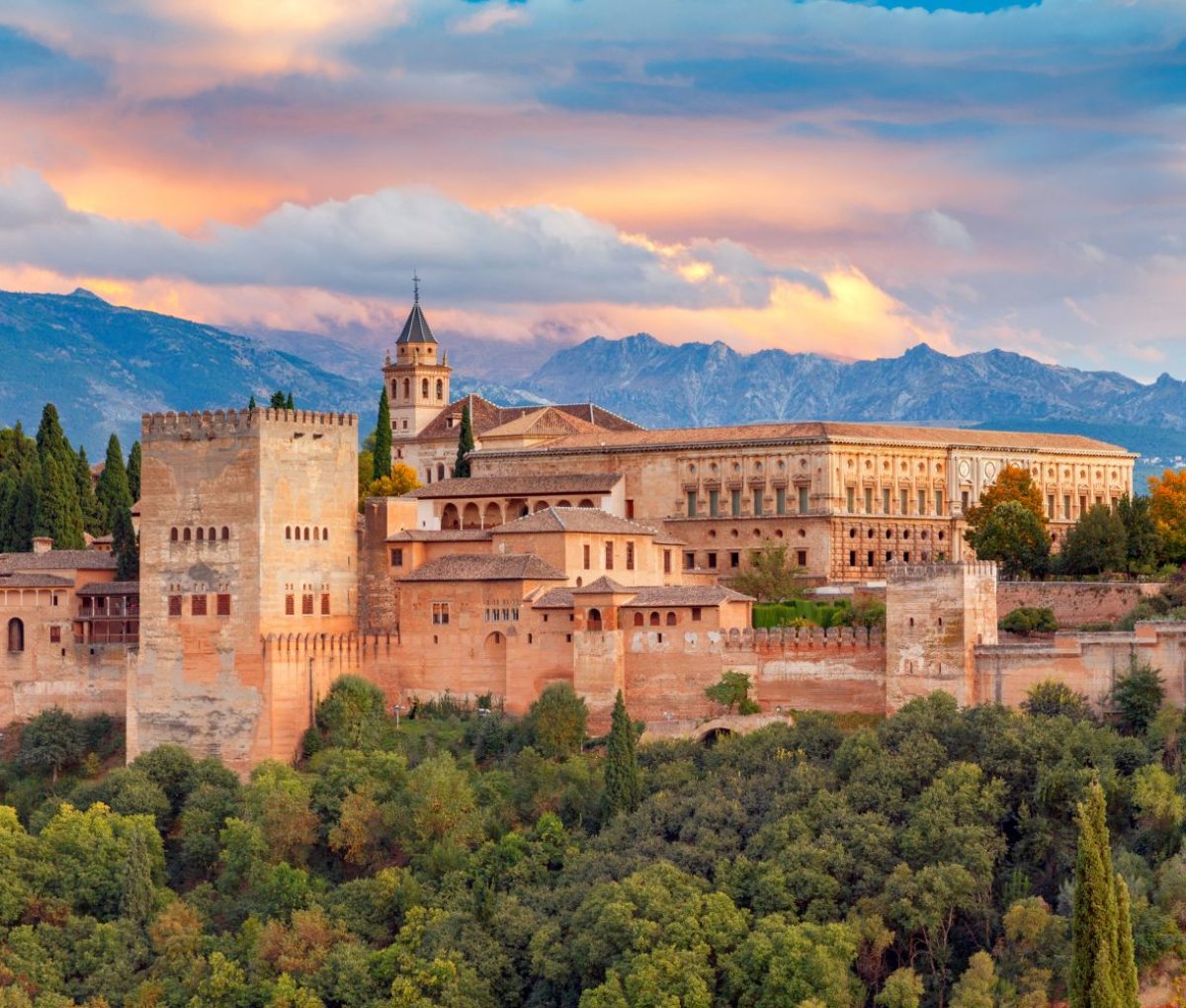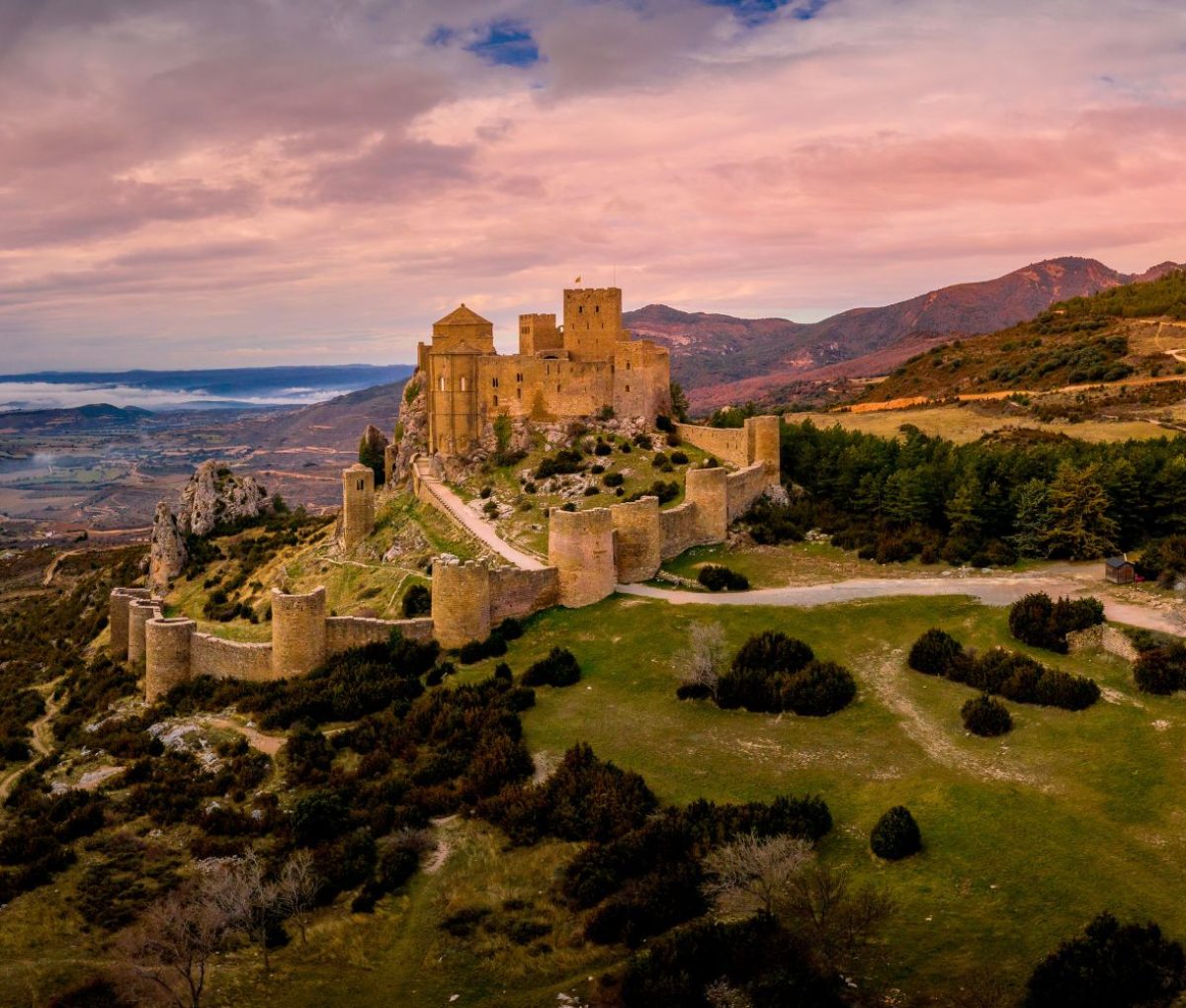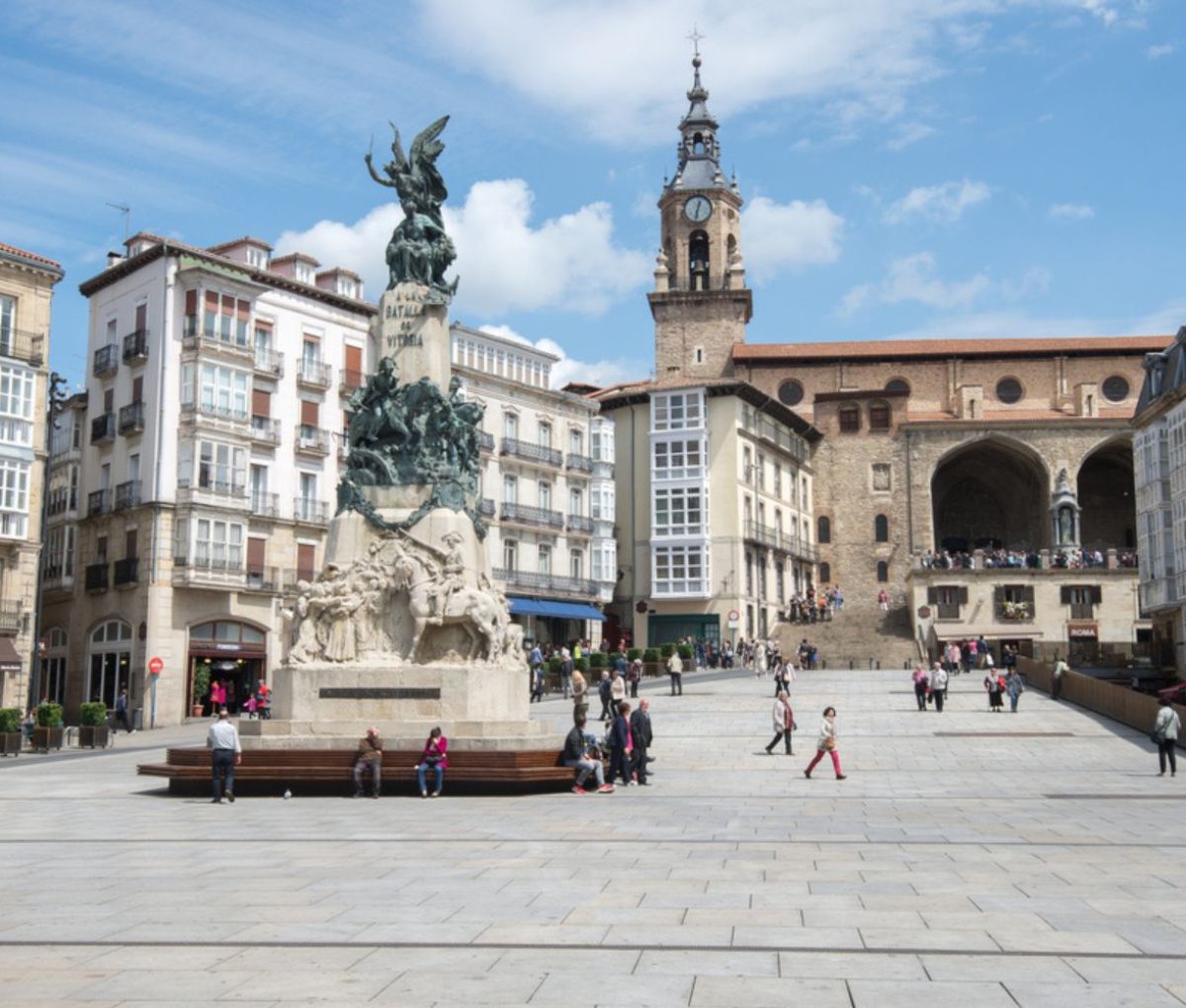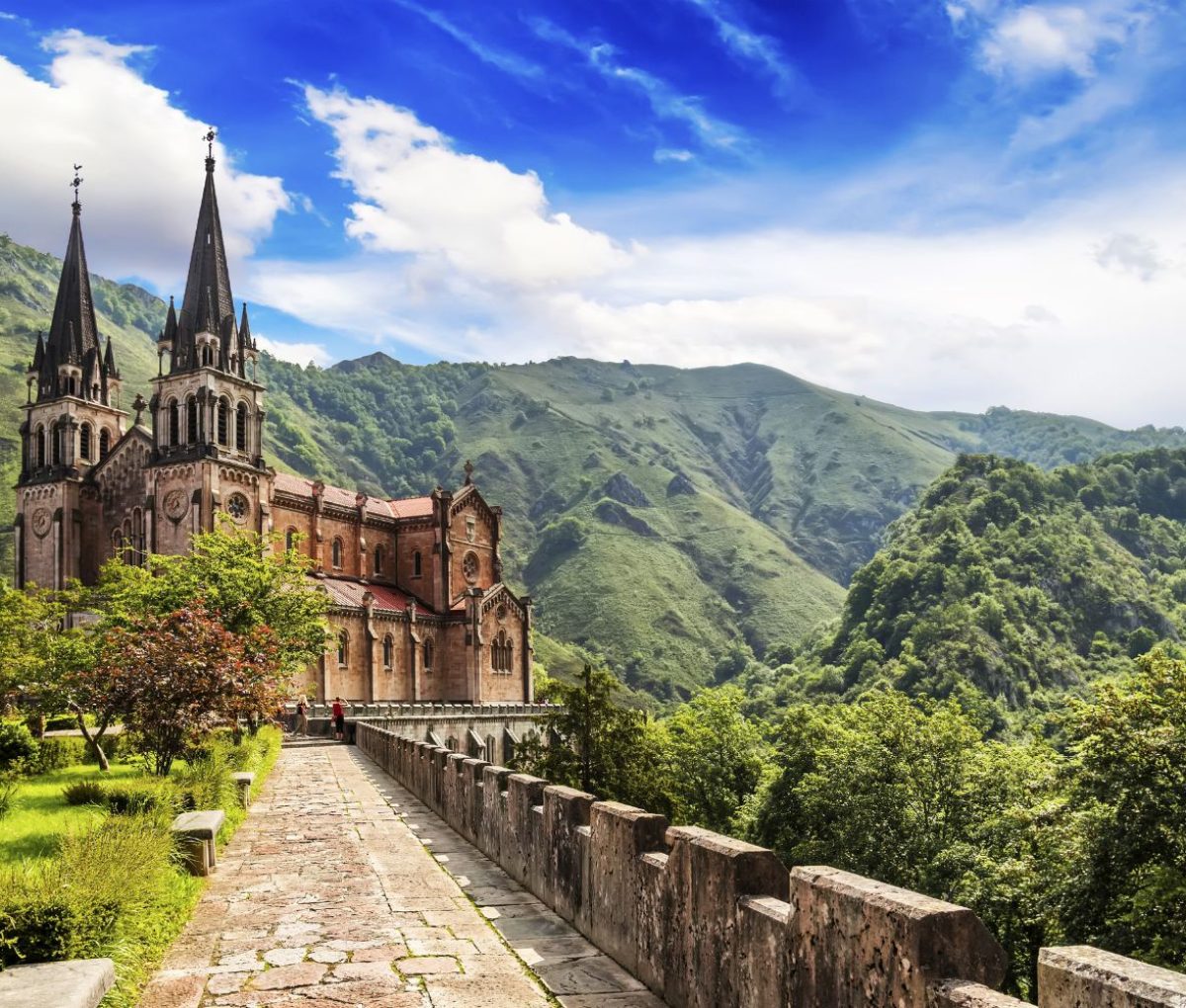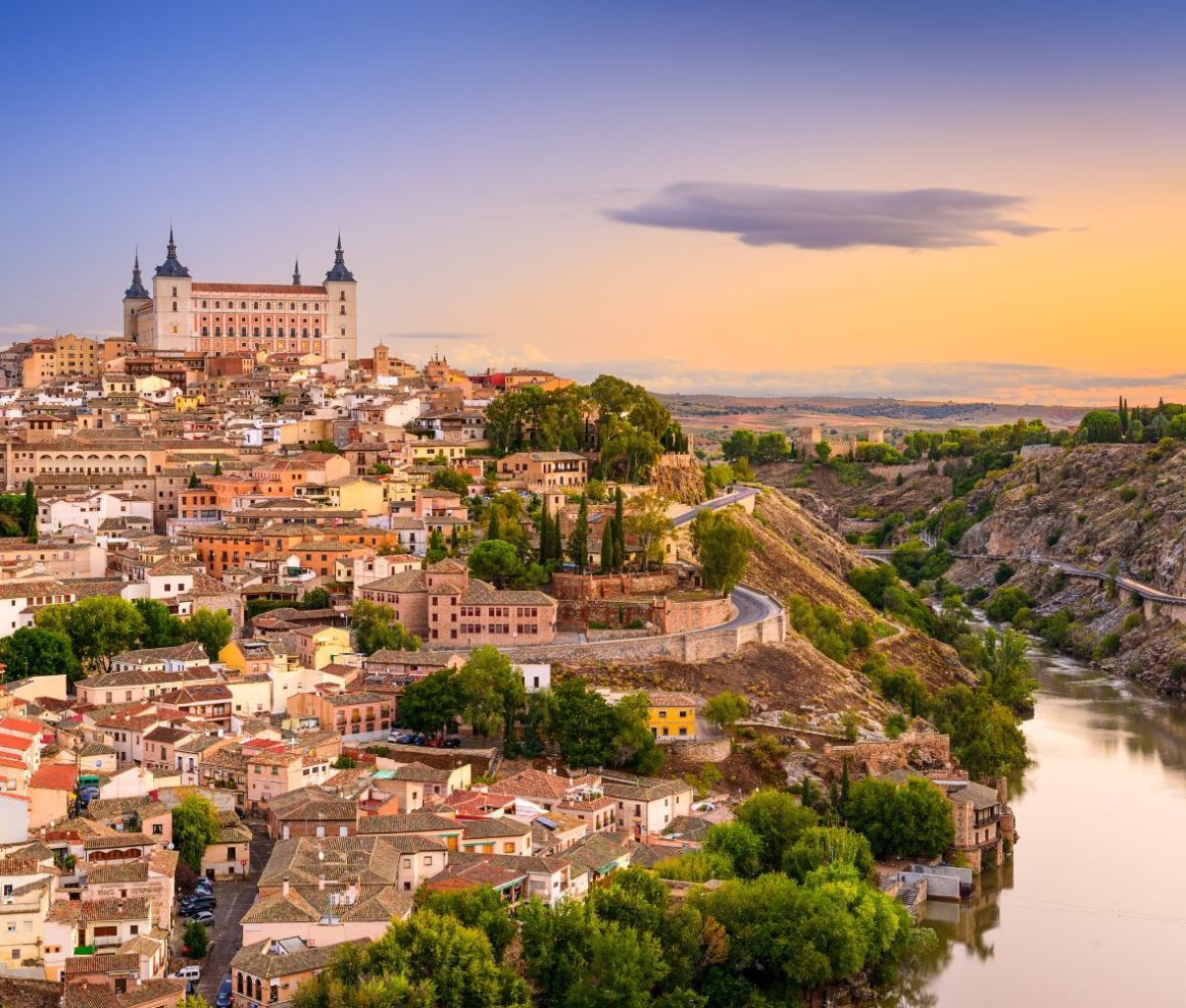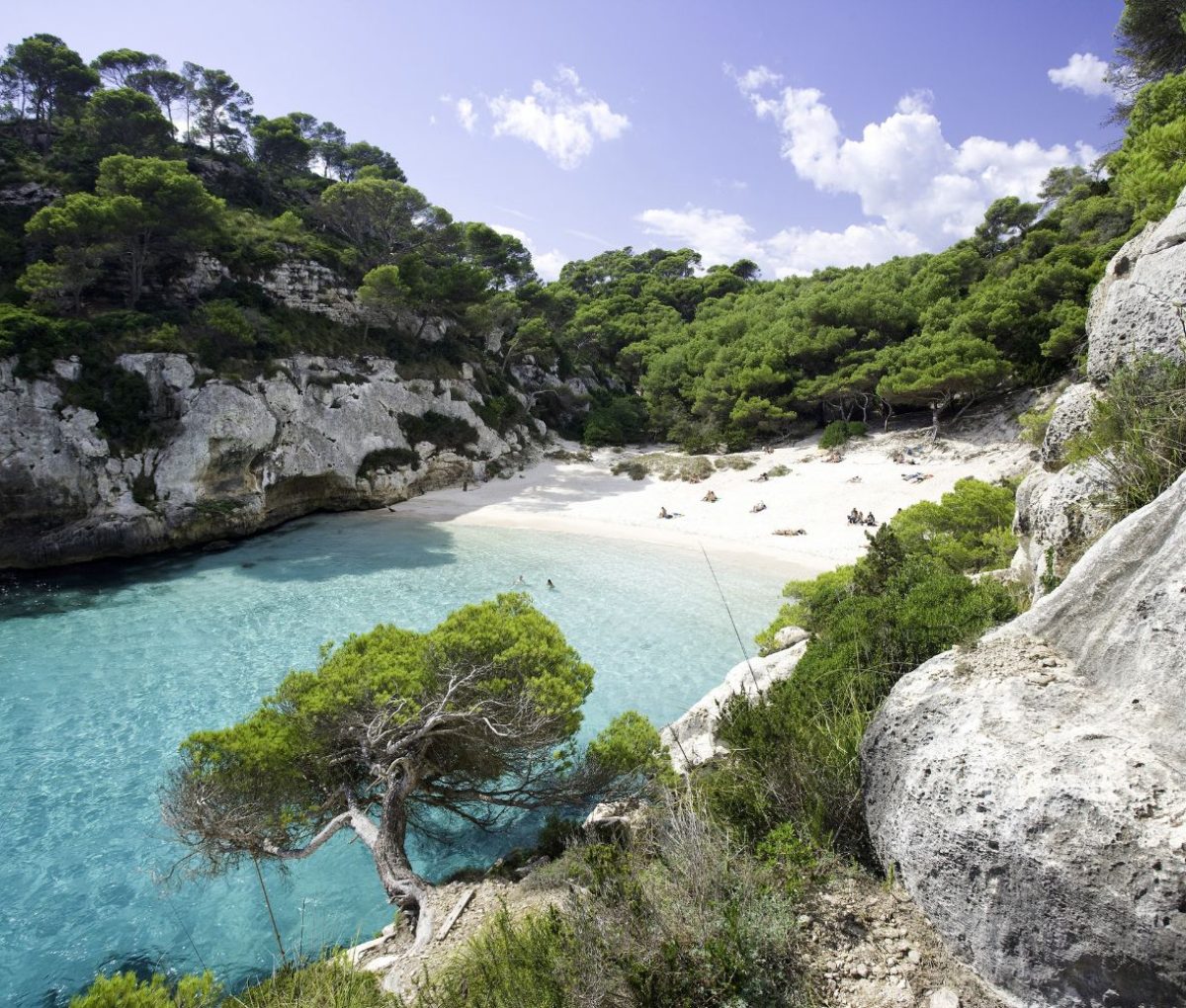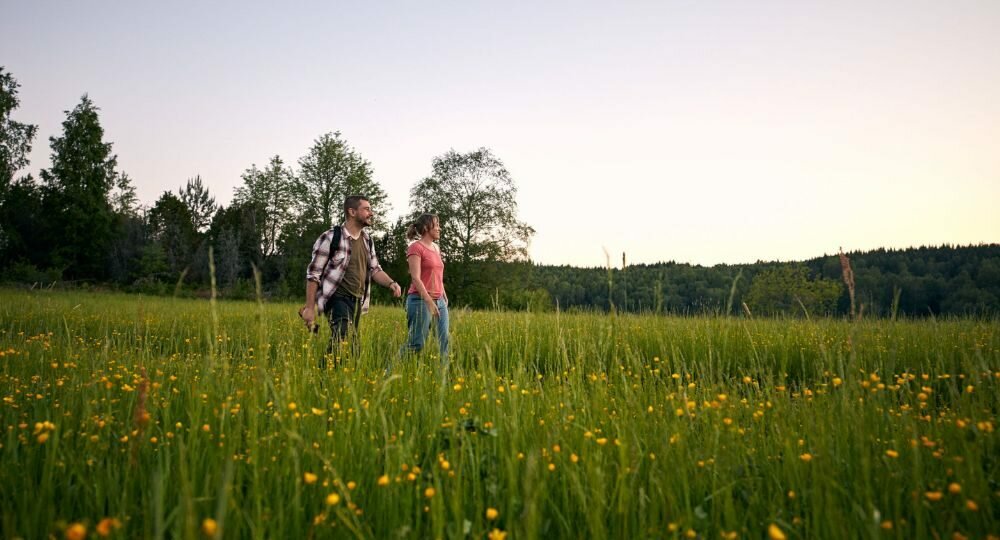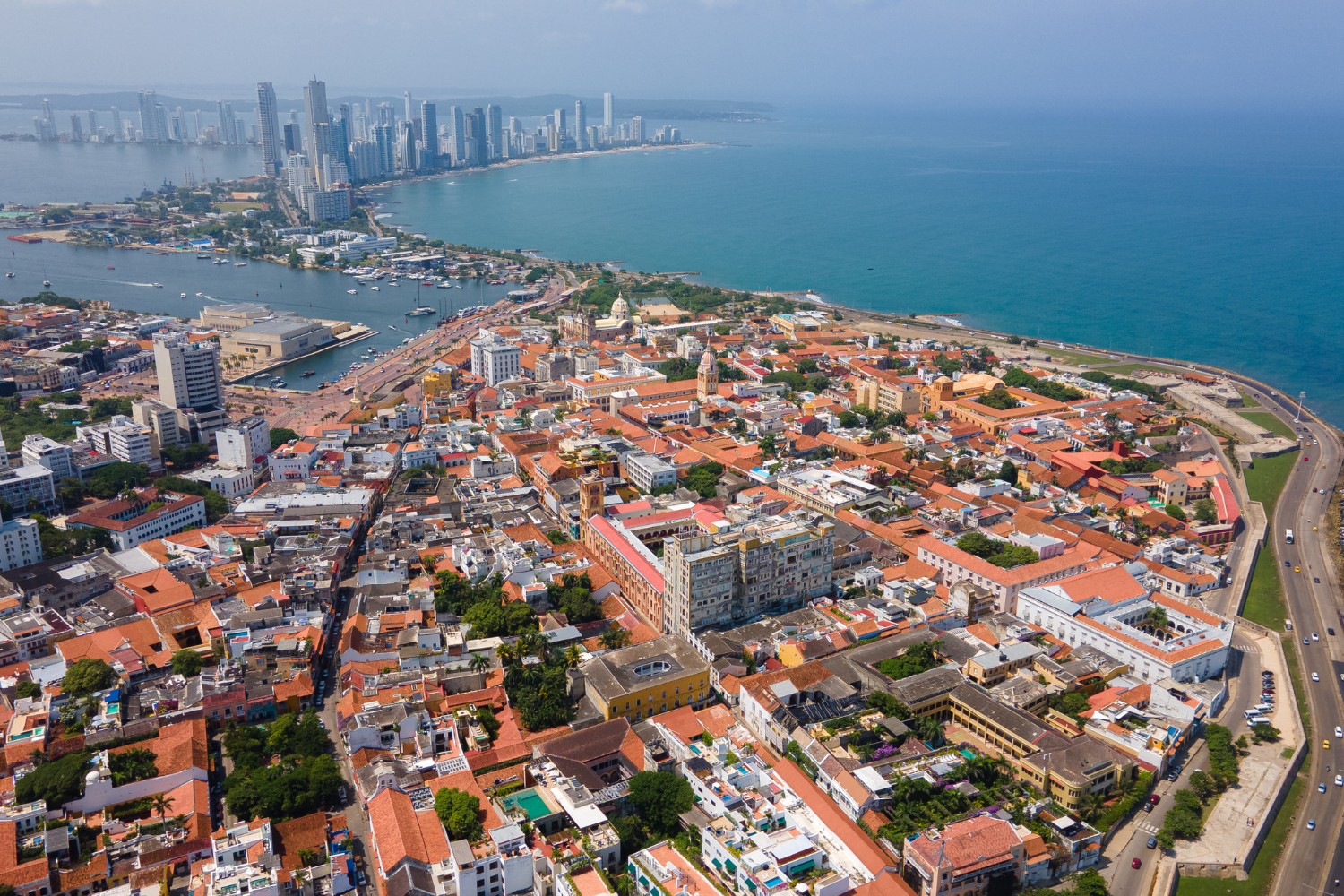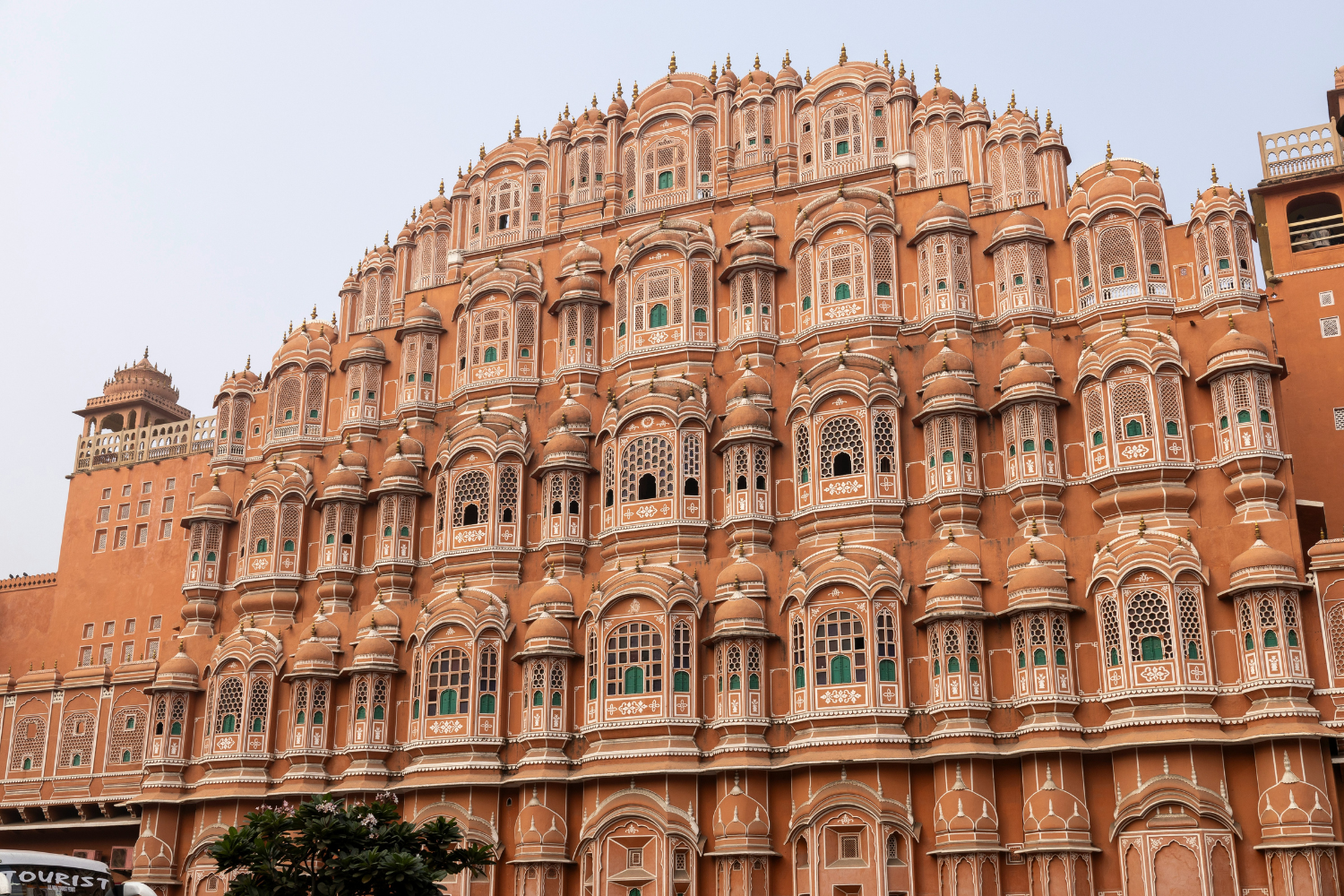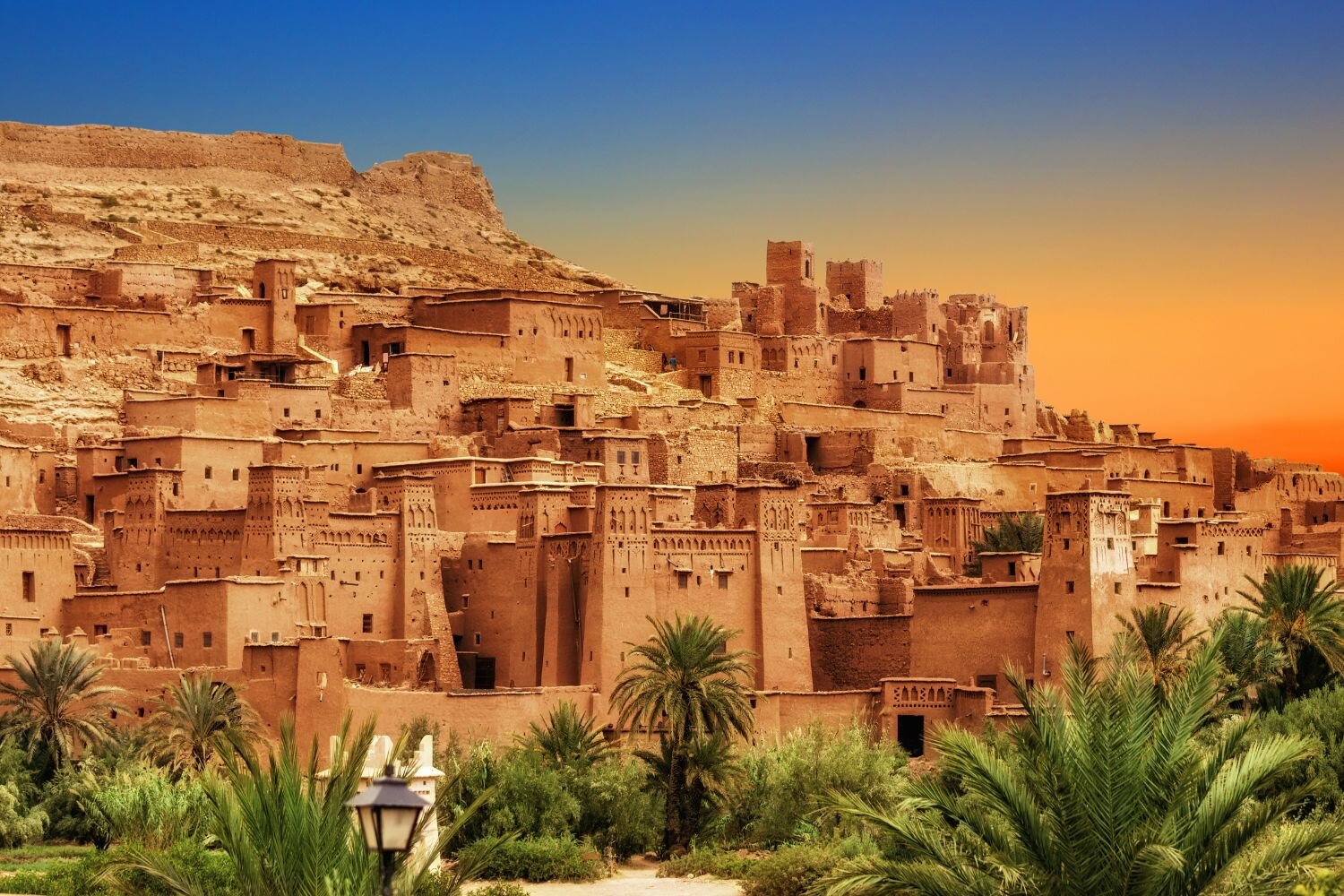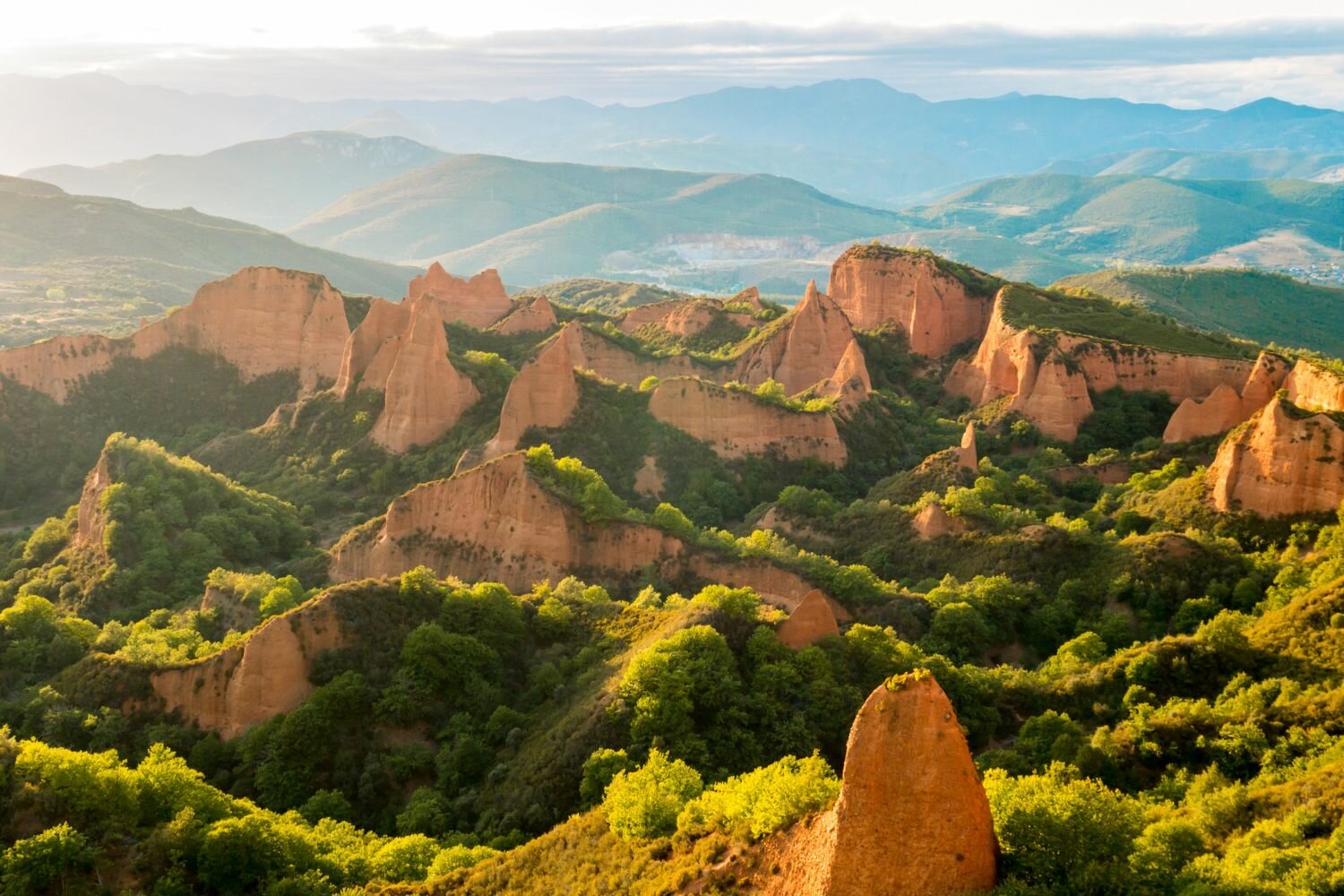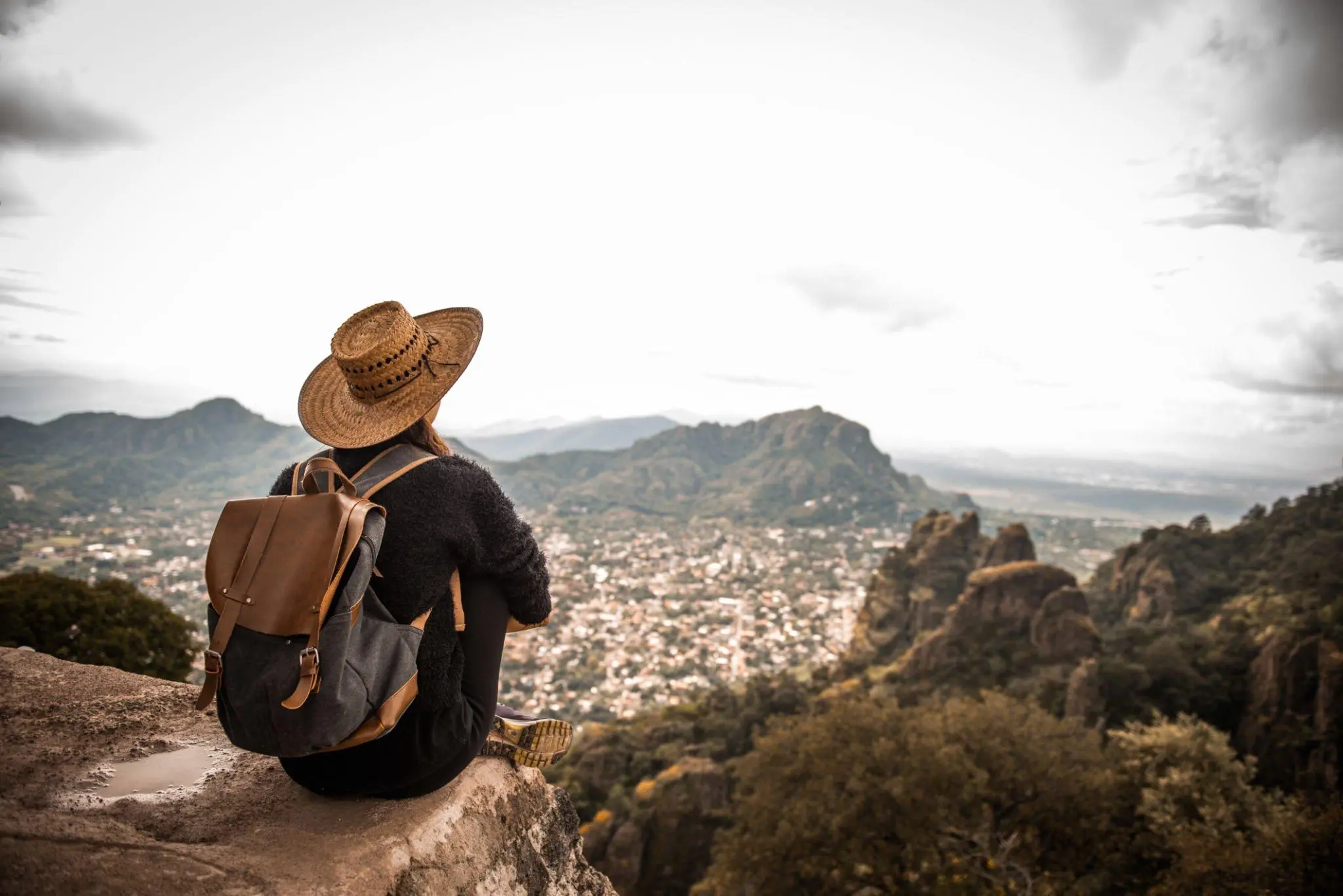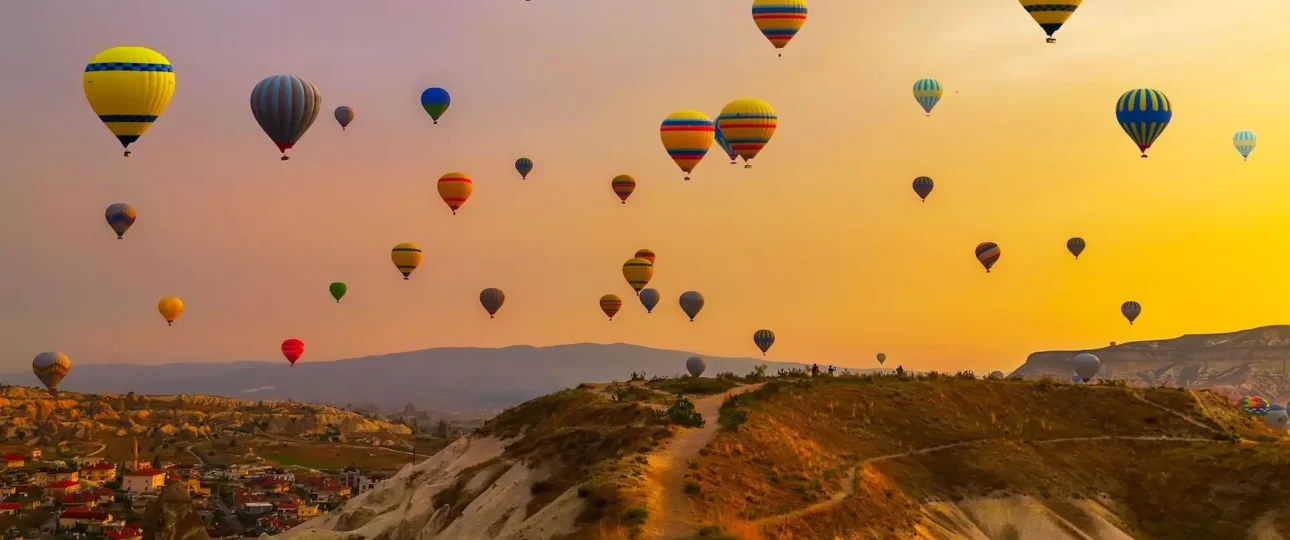Spain is redefining travel with a steadfast commitment to sustainability, transforming every visit into a catalyst for positive change. Embracing its rich history, vibrant culture, and renowned gastronomy, Spain offers more than just traditional tourism; it presents an opportunity for deep, quality experiences rooted in eco-friendly practices and local traditions.
From the serene vineyards of La Rioja to the ancient streets of Toledo, visitors are invited to explore Spain’s lesser-known gems as well as its beloved landmarks. Each region offers unique cultural insights and opportunities to contribute to the preservation of local heritage. This journey is not just about seeing new places but about engaging deeply and responsibly with them.
In response to the evolving global landscape, Spain is dedicated to leading by example in sustainable tourism. The aim is to safeguard the country’s natural landscapes and cultural sites for future generations while providing memorable experiences to today’s travellers. Through innovative initiatives, Spain integrates environmental care, social equity, and economic vitality, ensuring that travel not only delights but also sustains. Spain invites everyone to join in a travel experience where each journey enriches both the visitor and the vibrant lands they explore.



